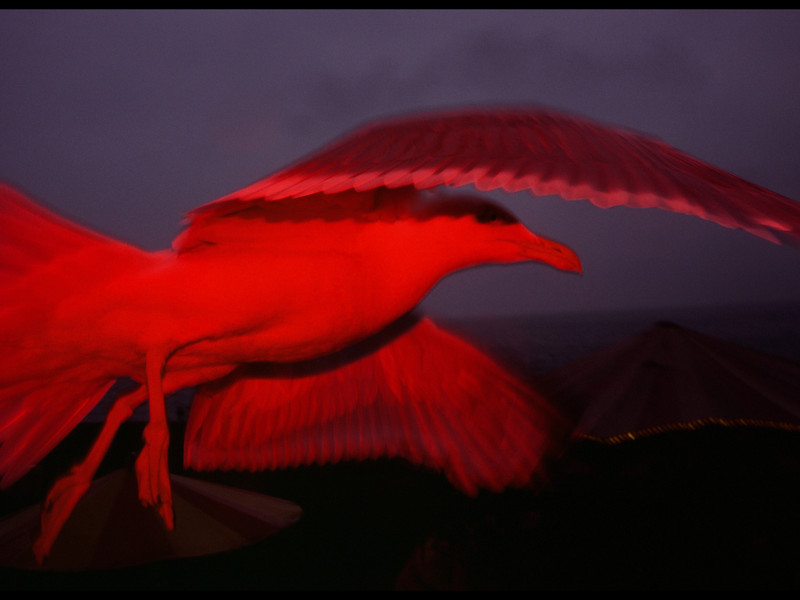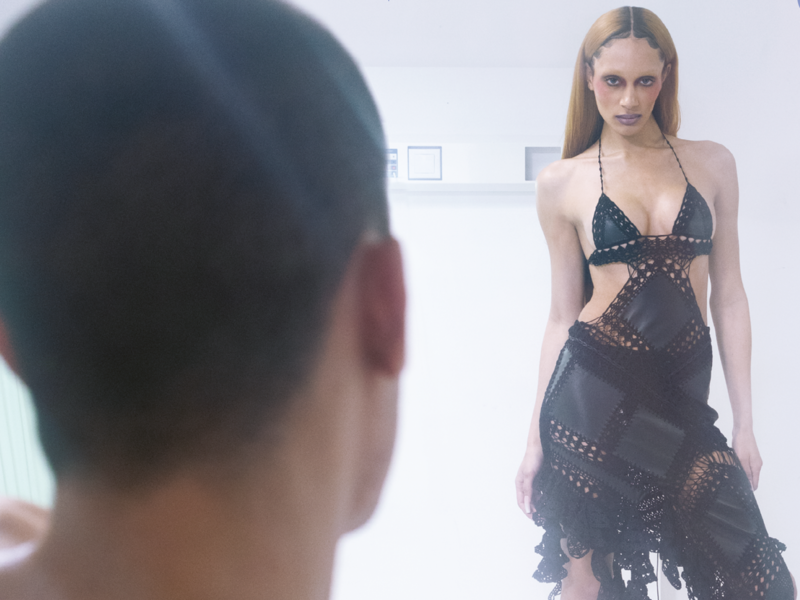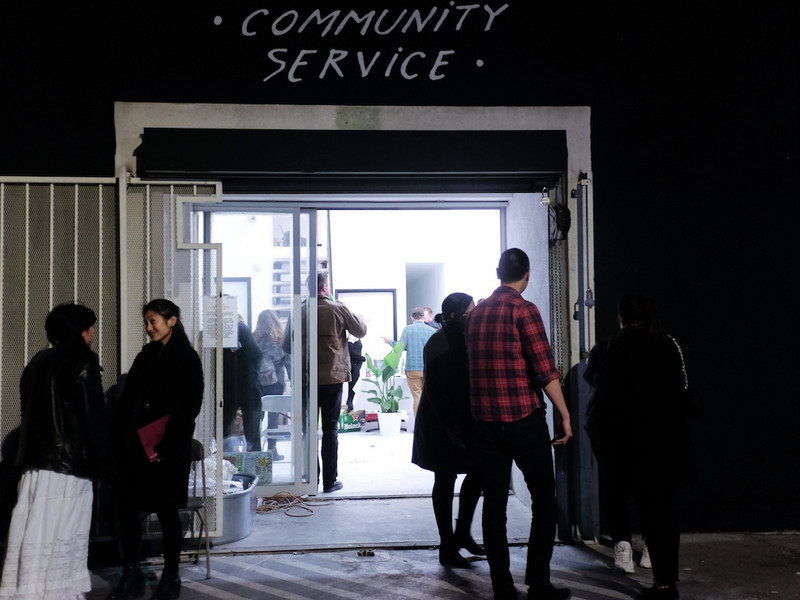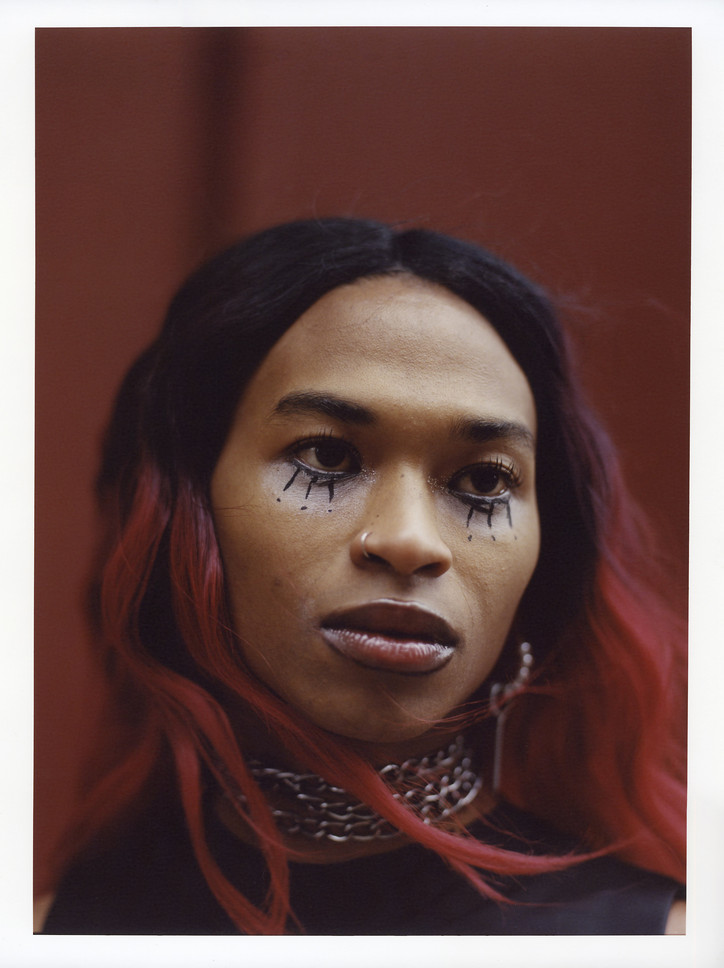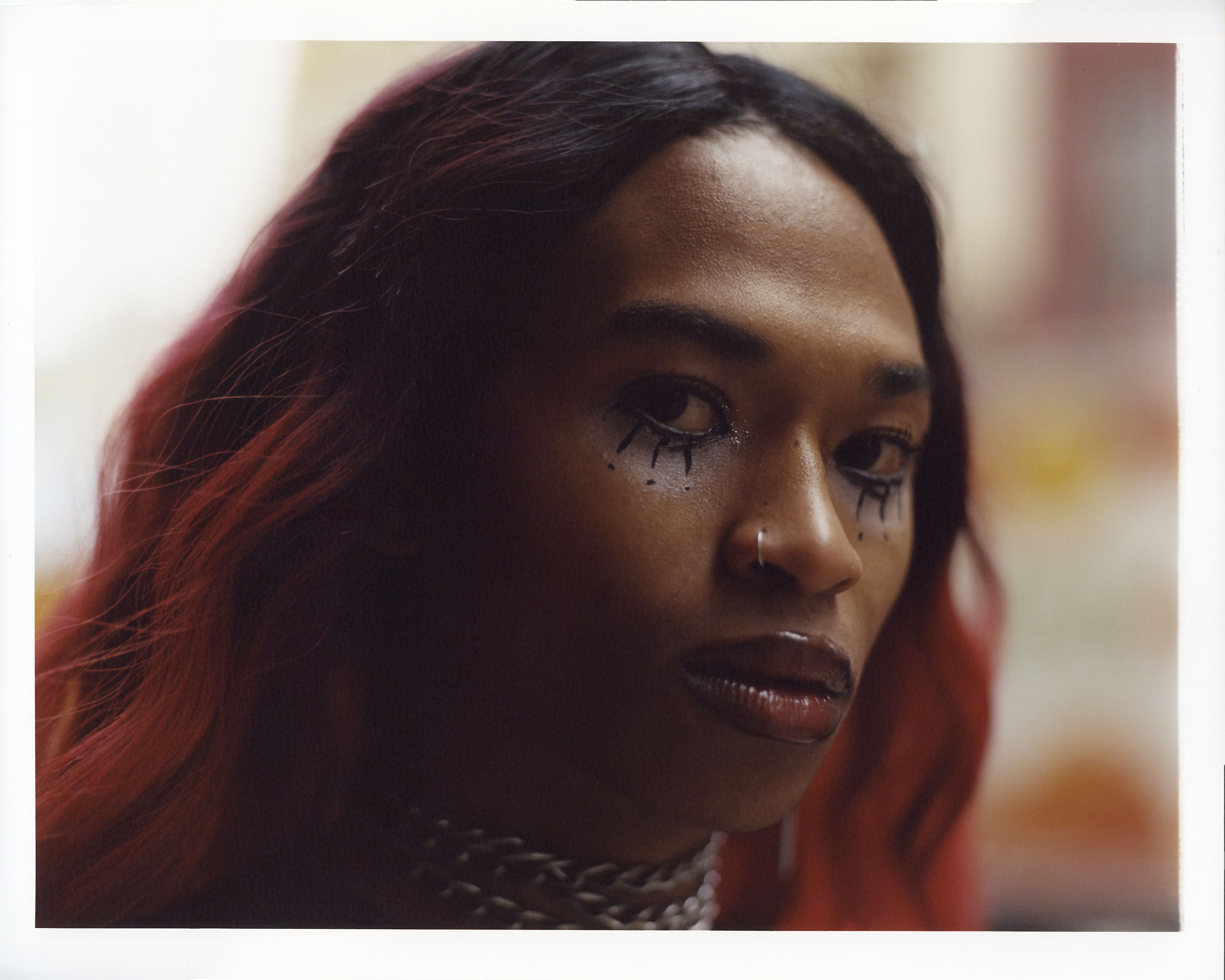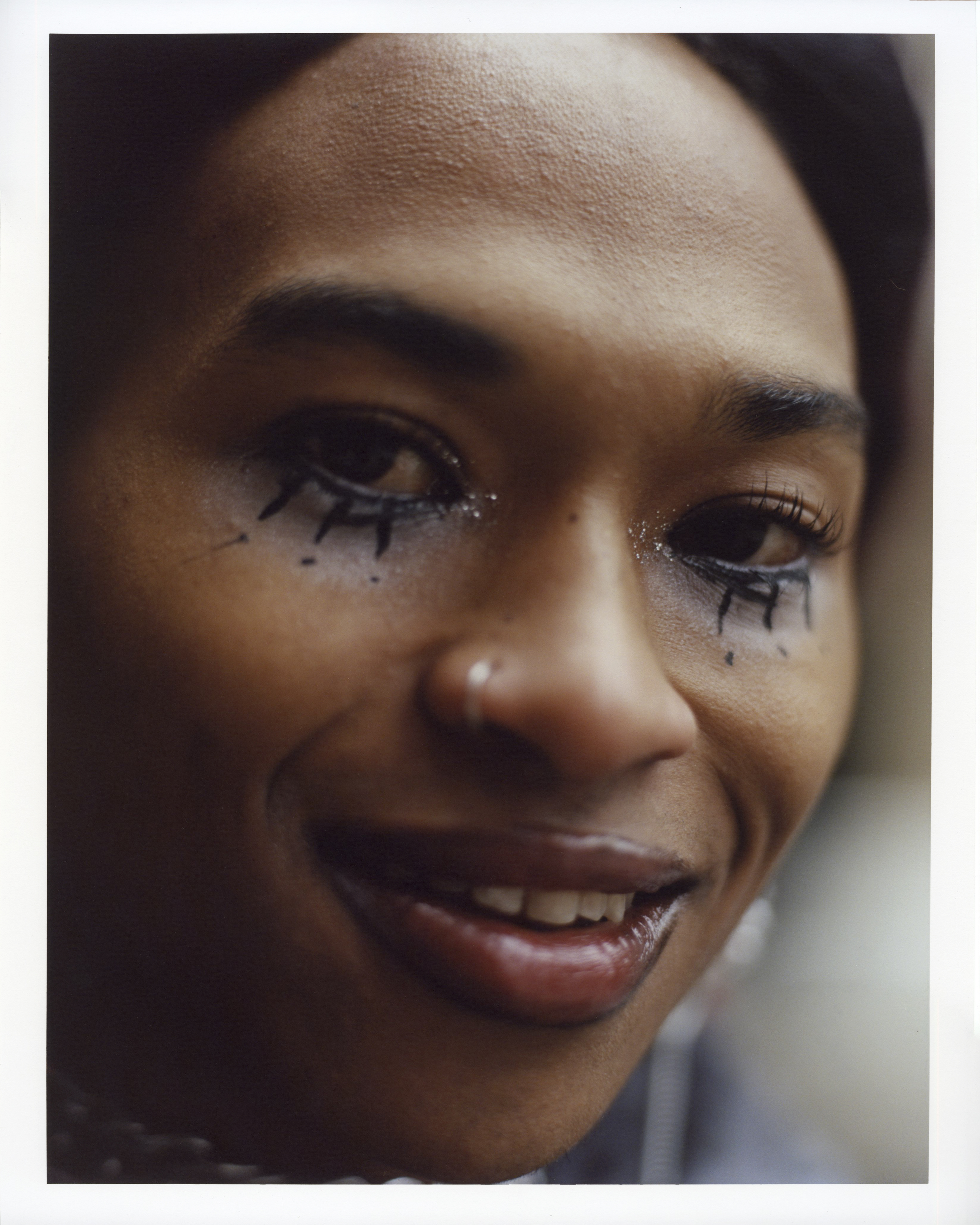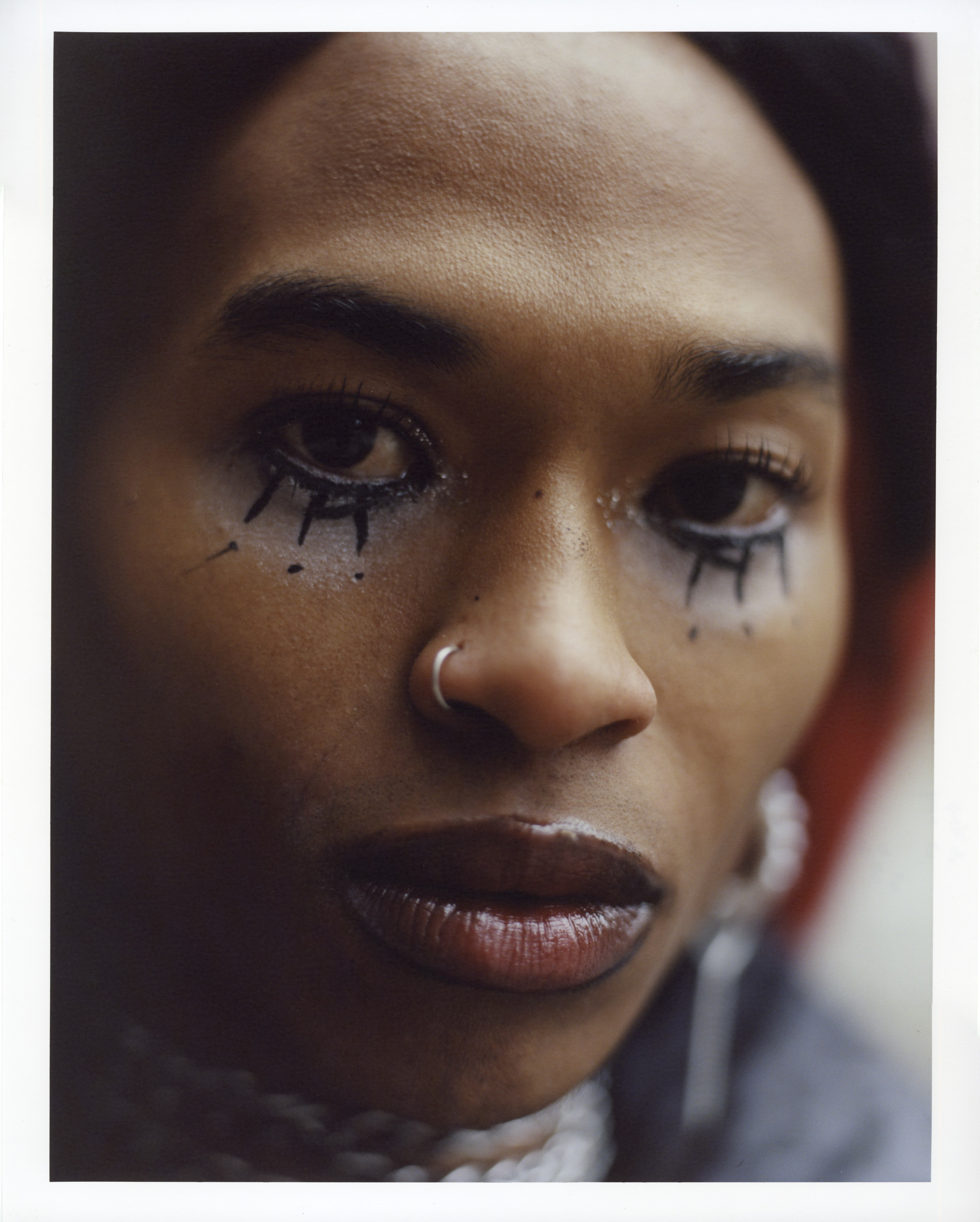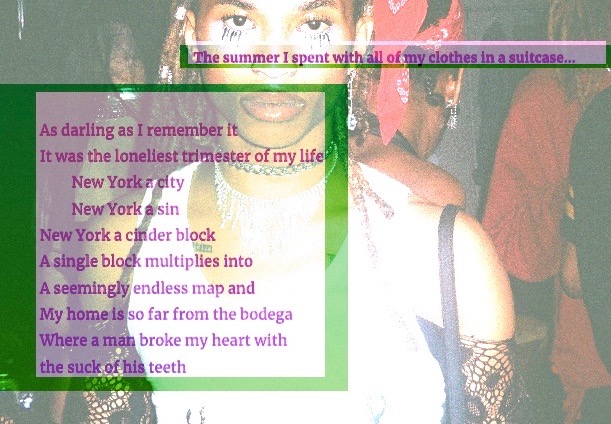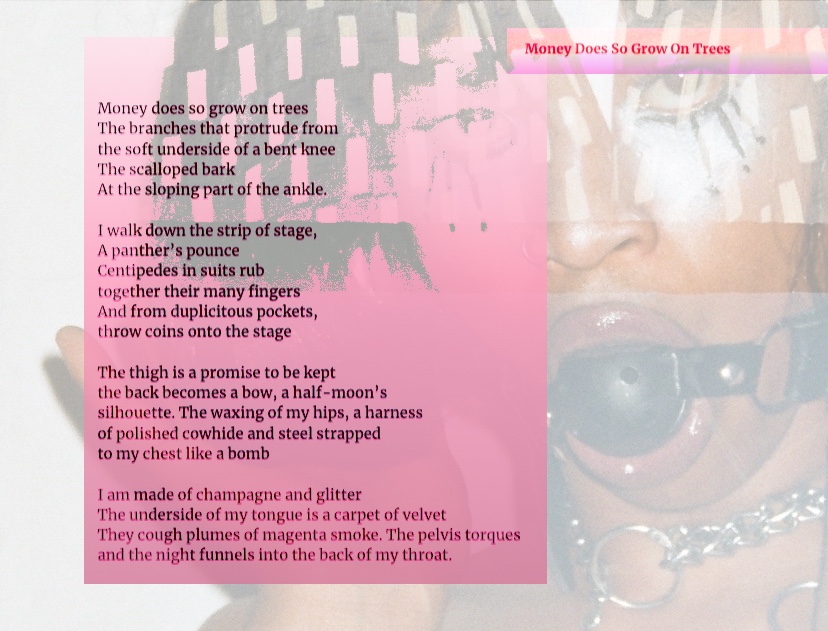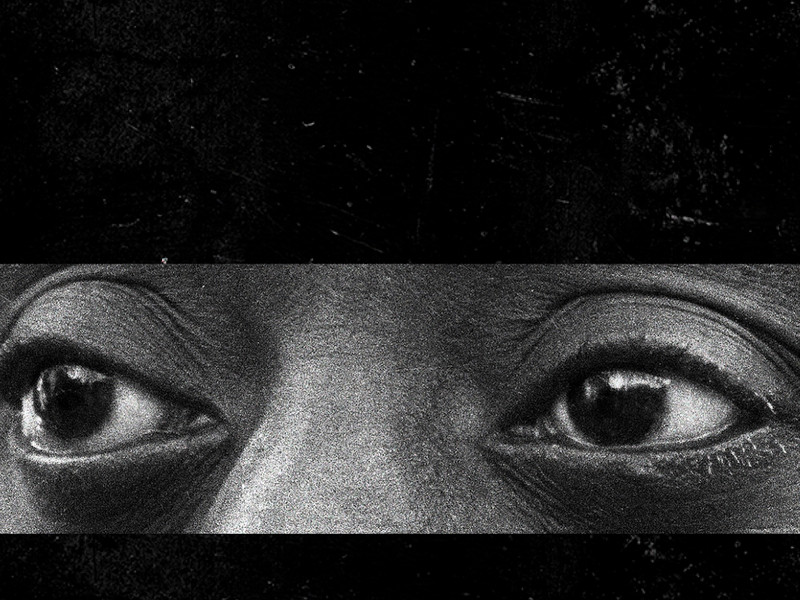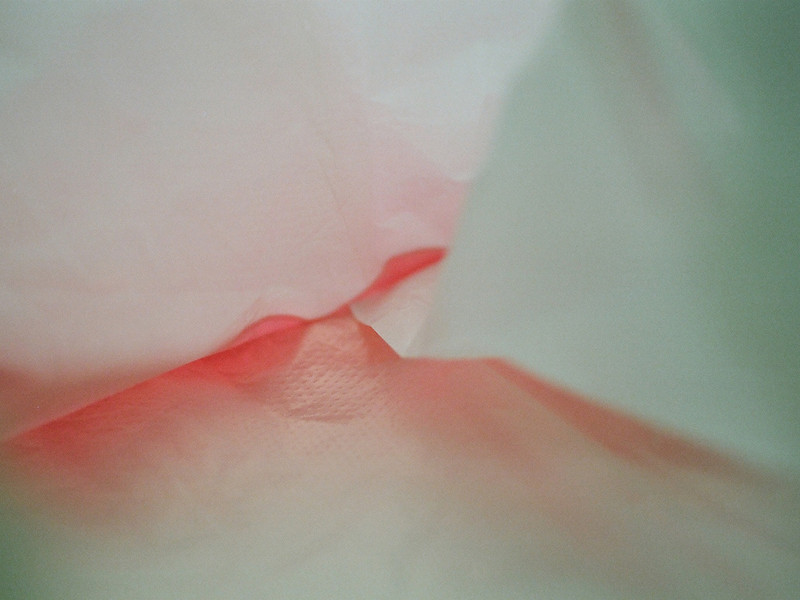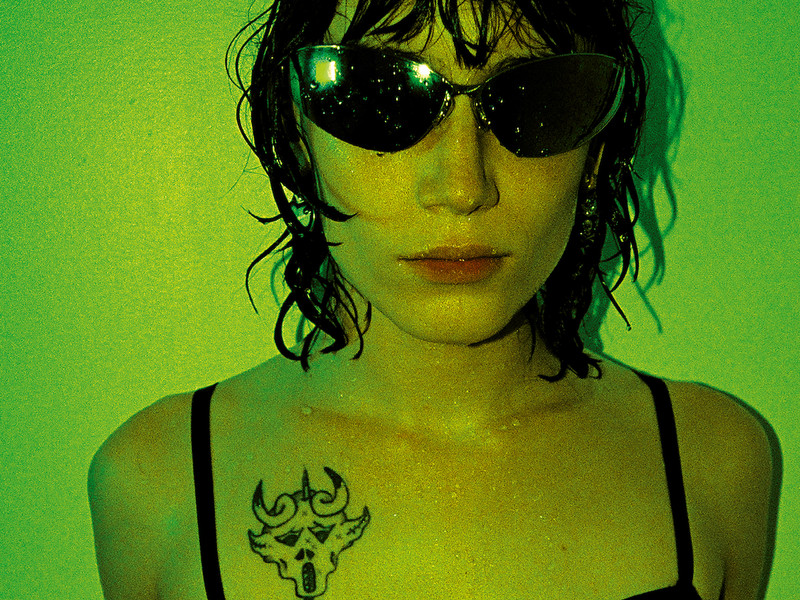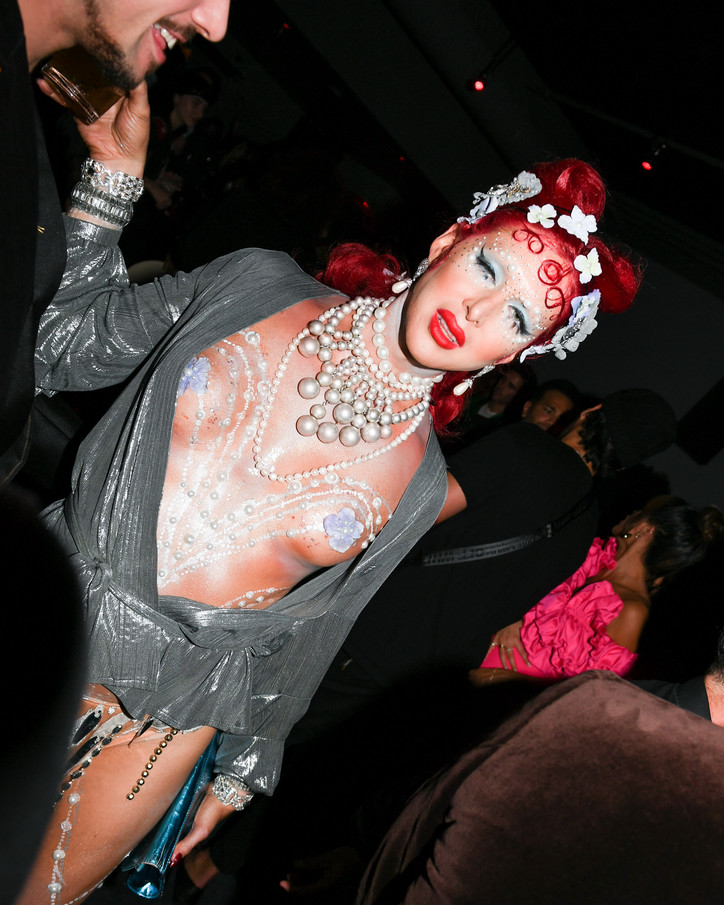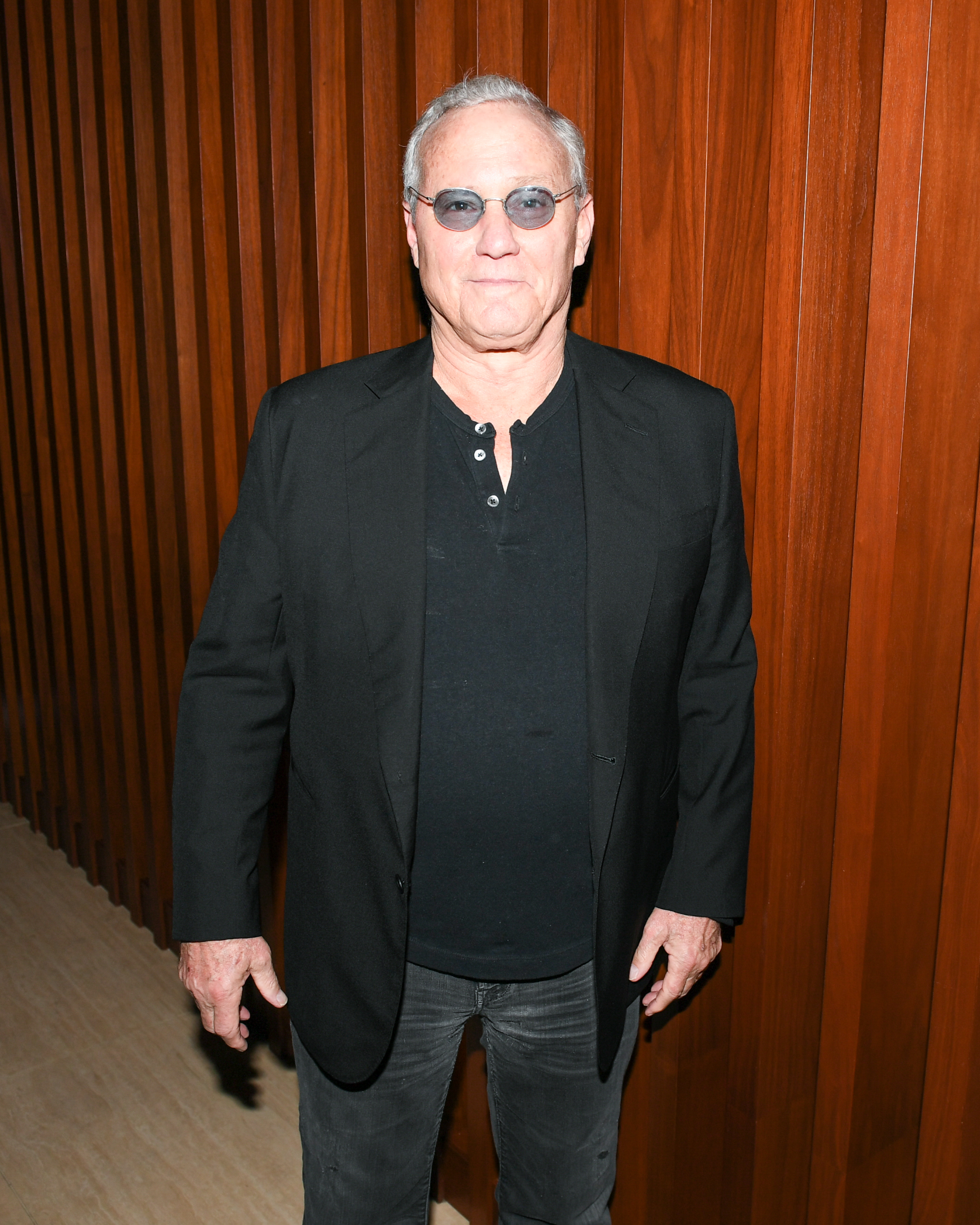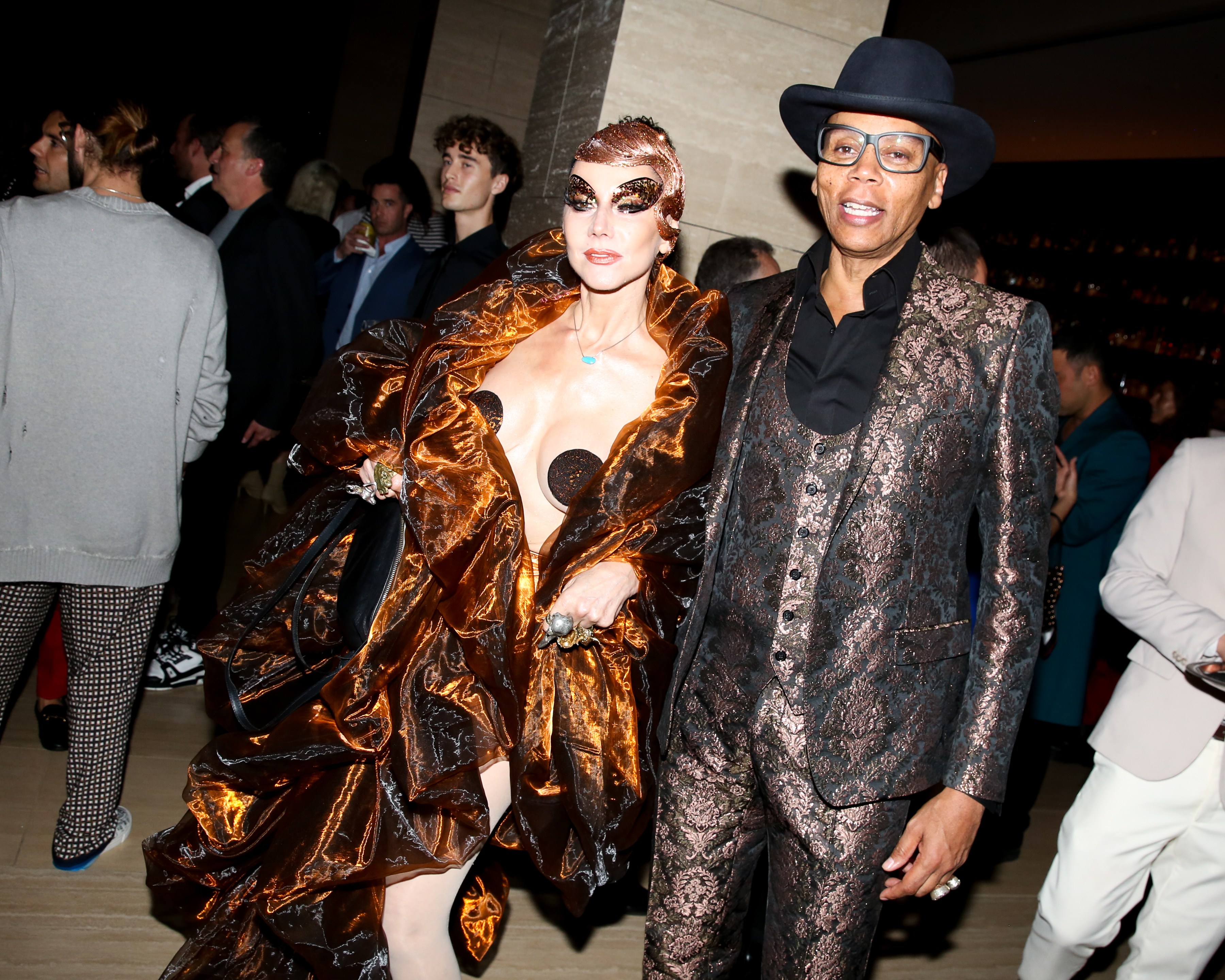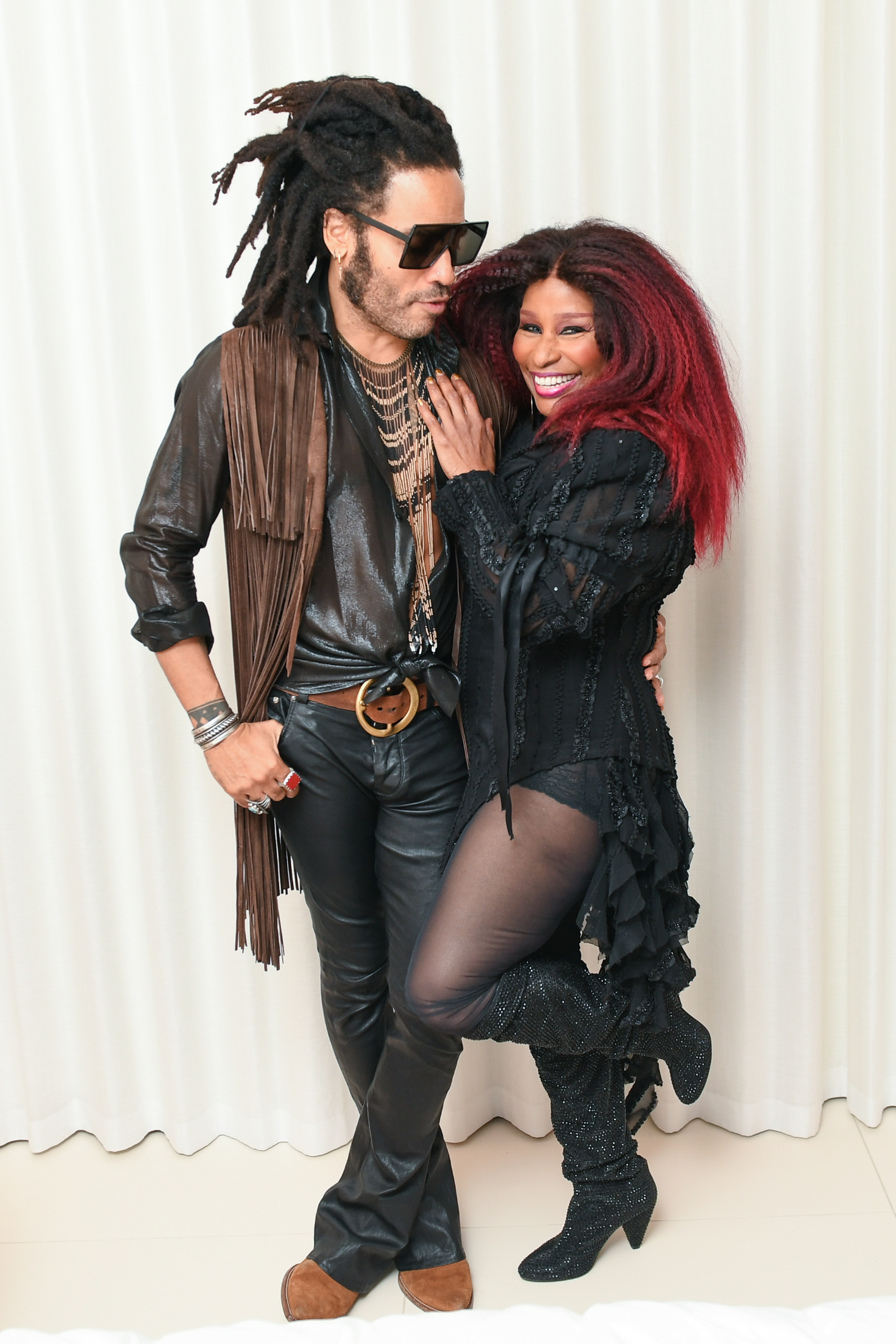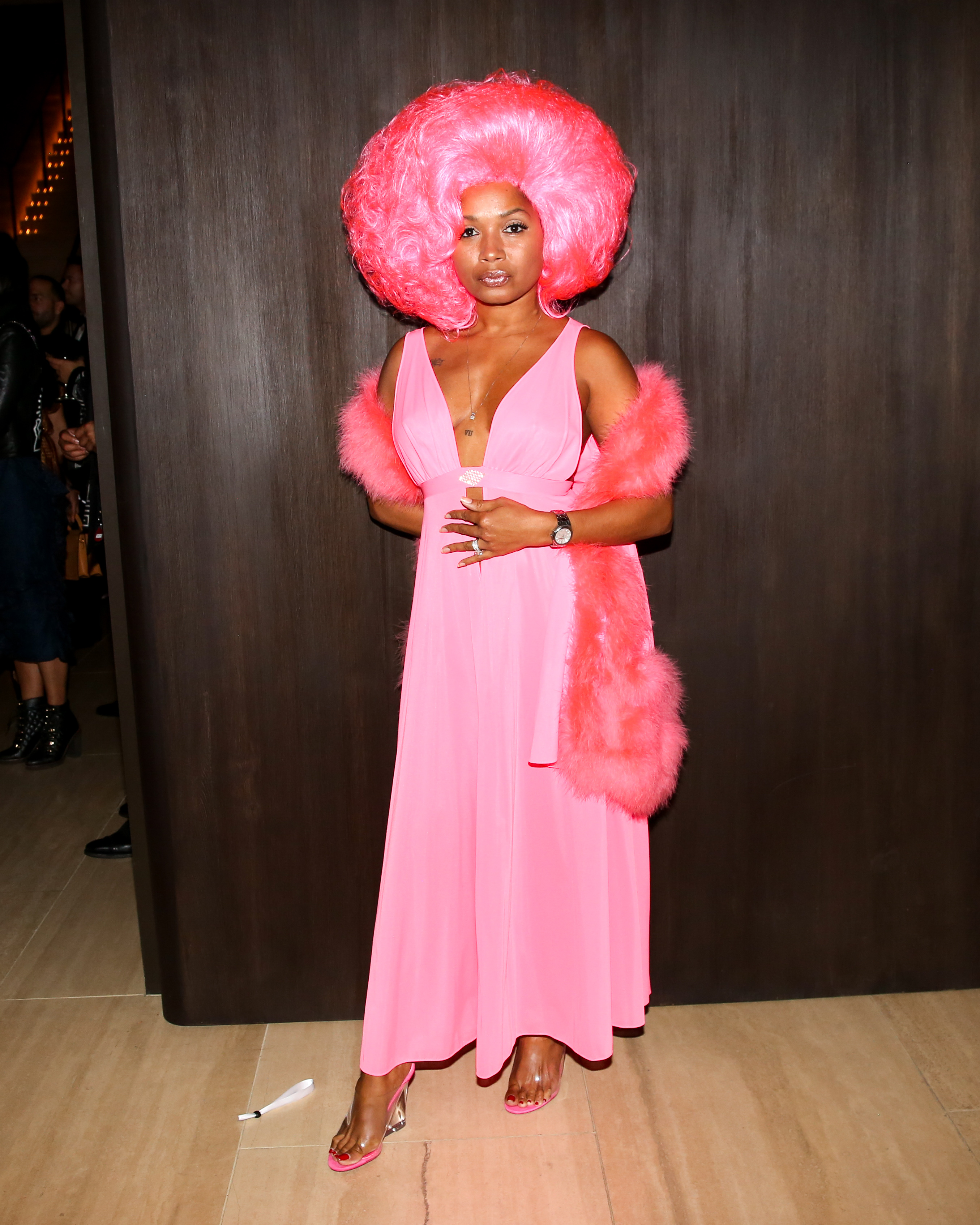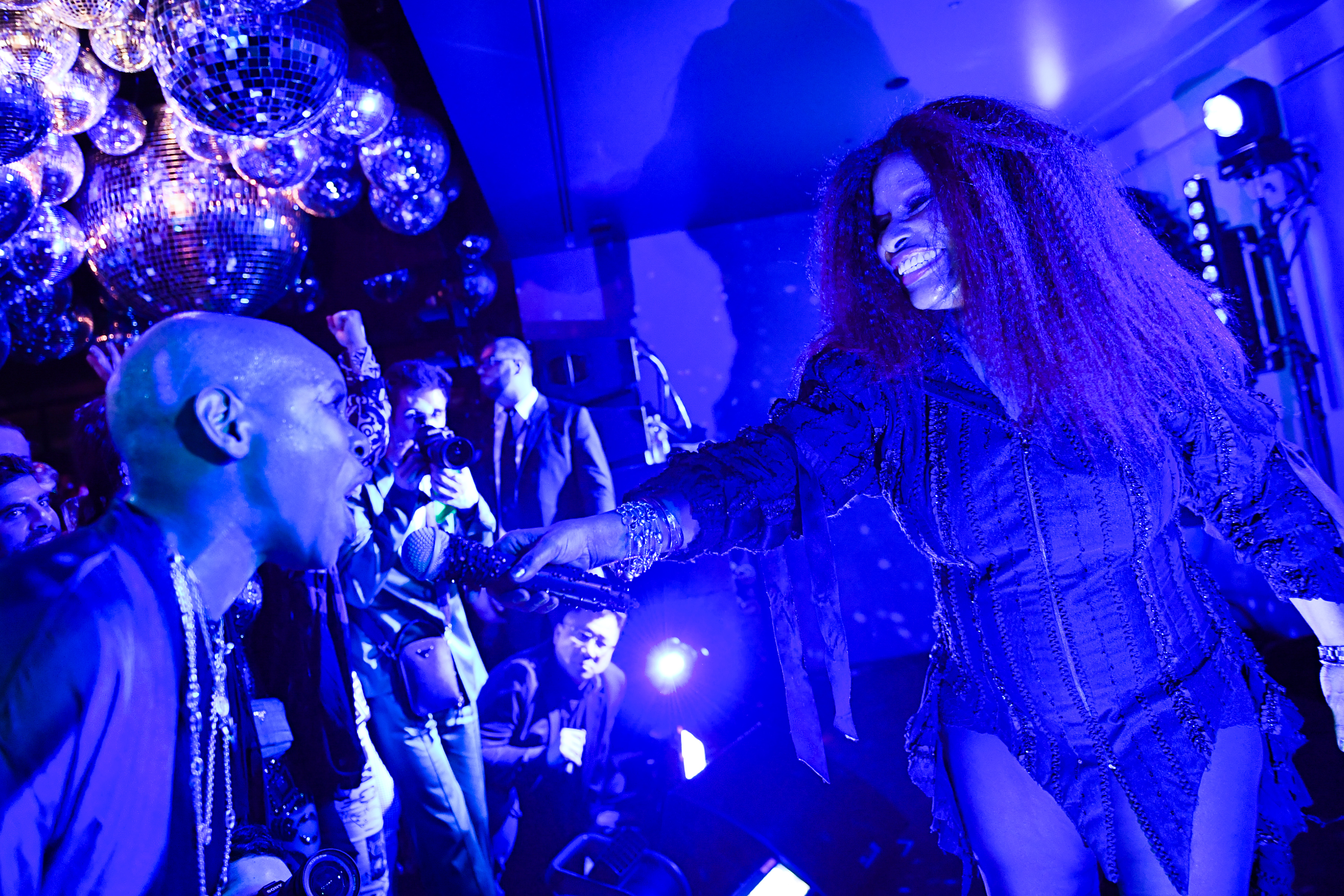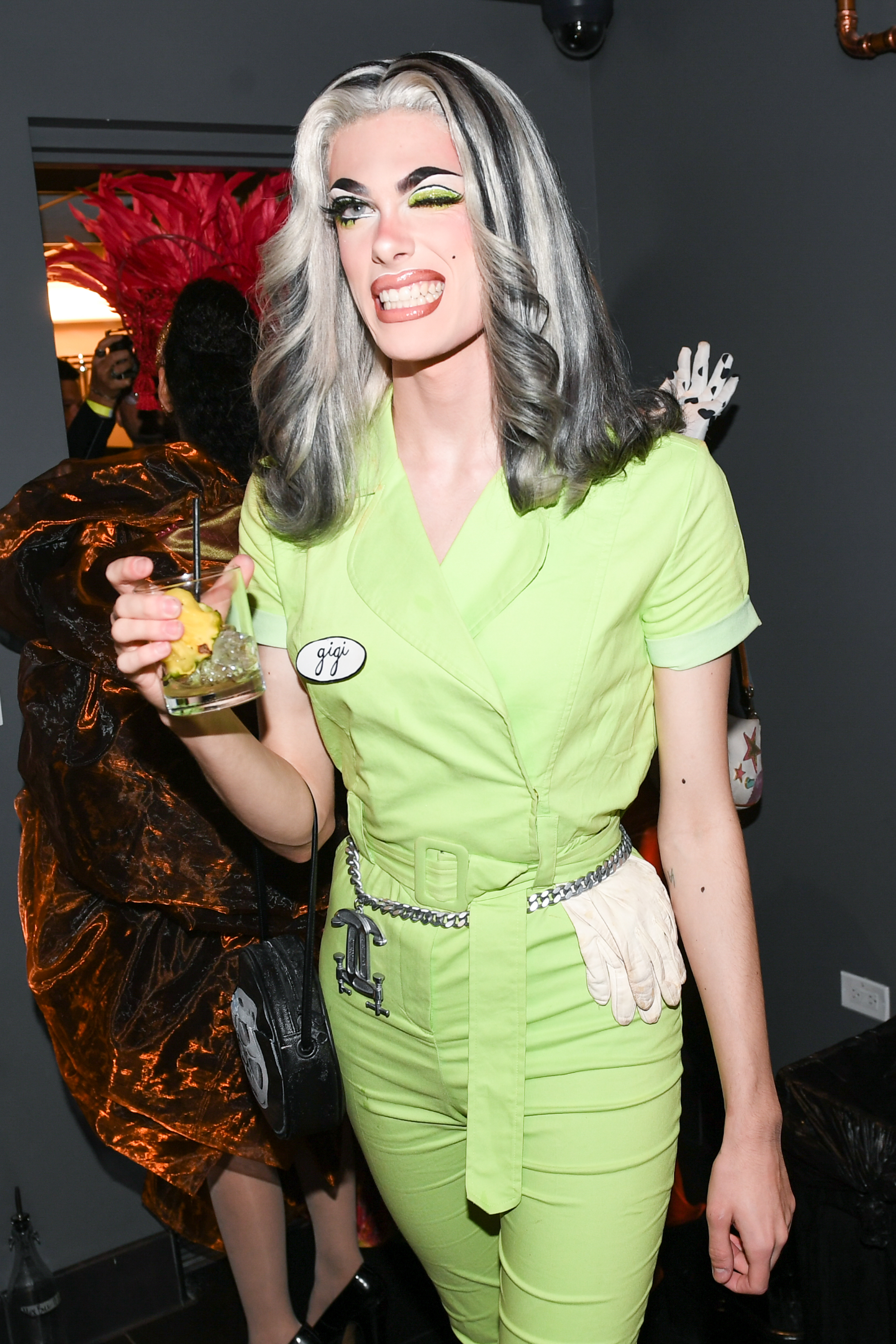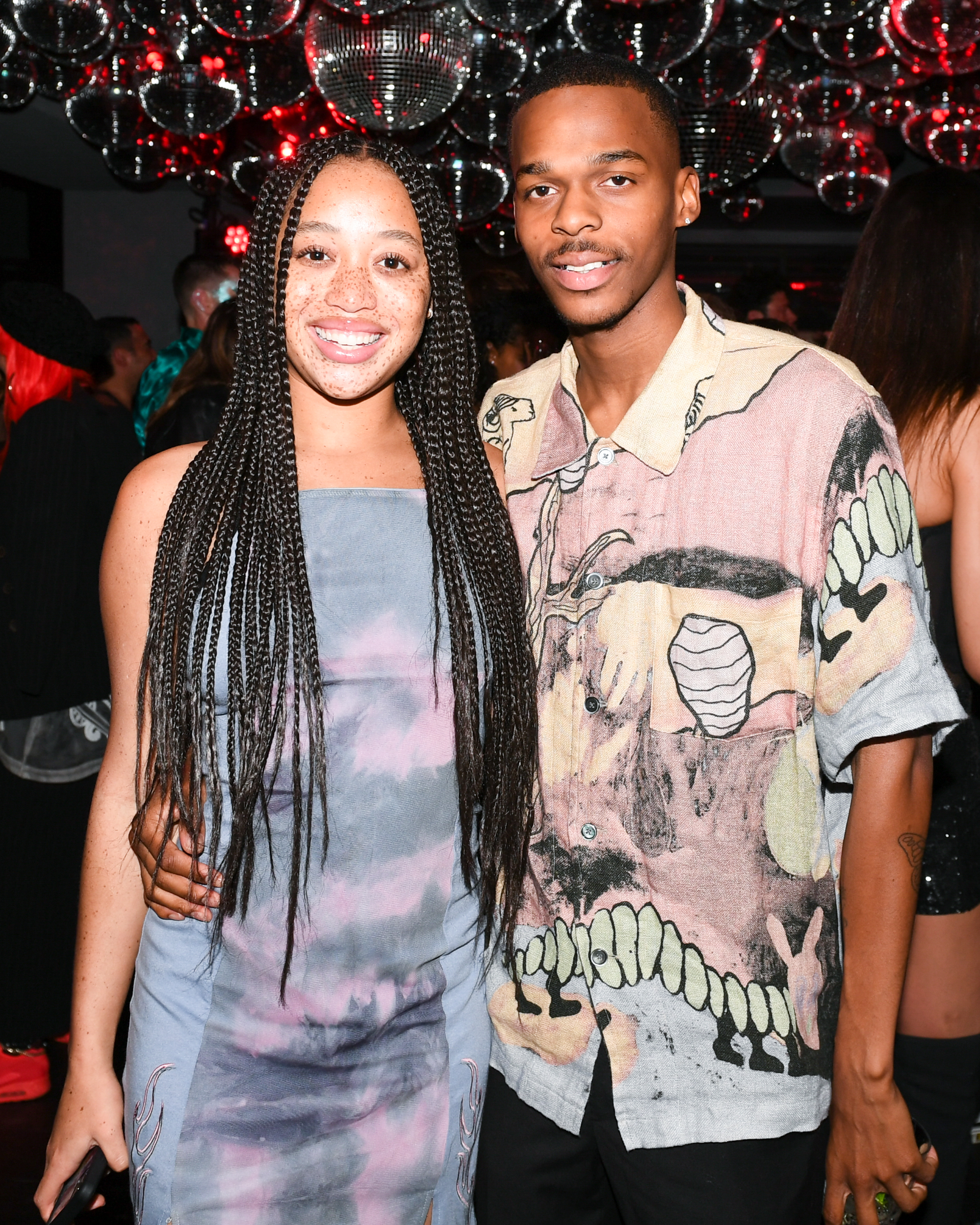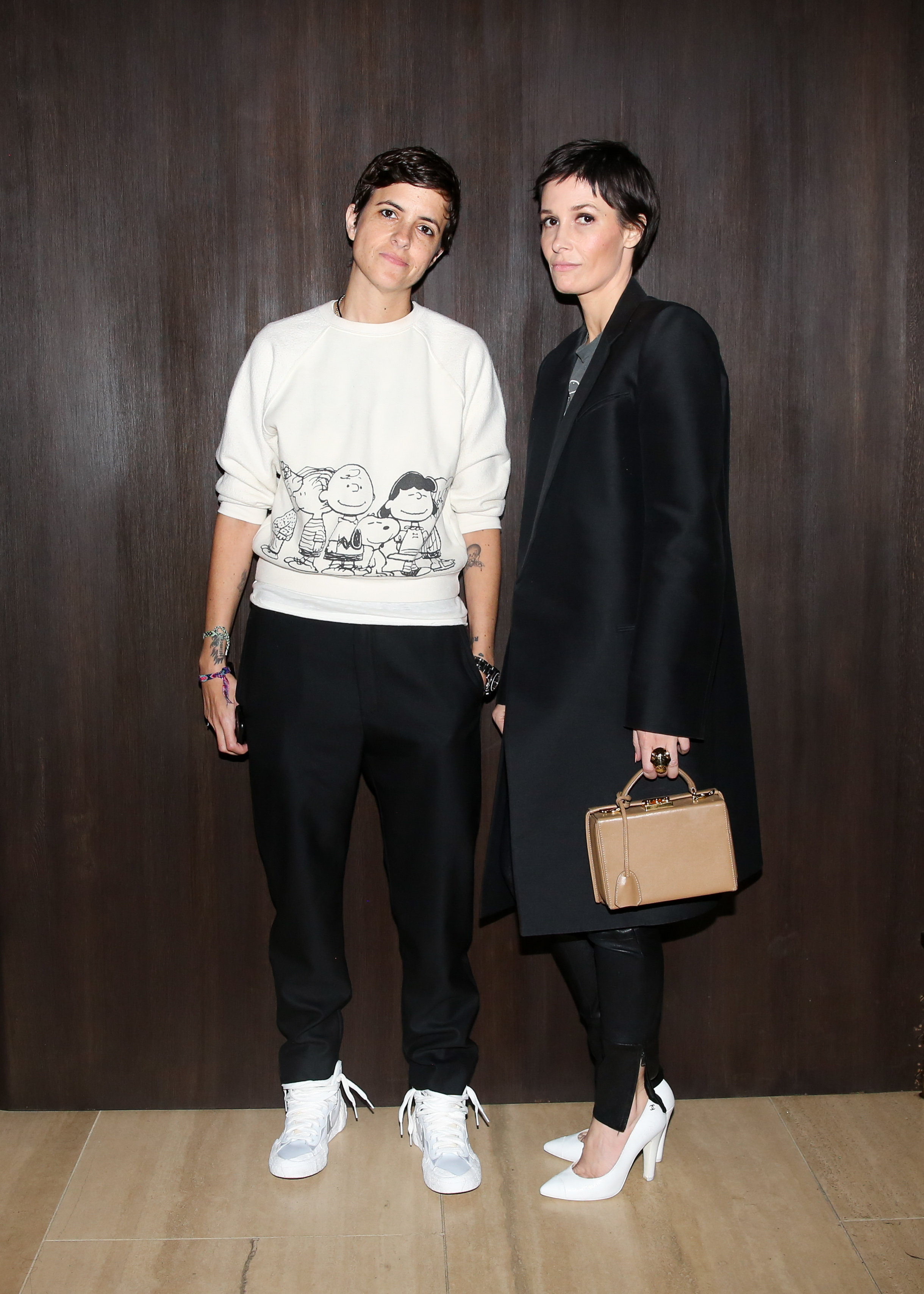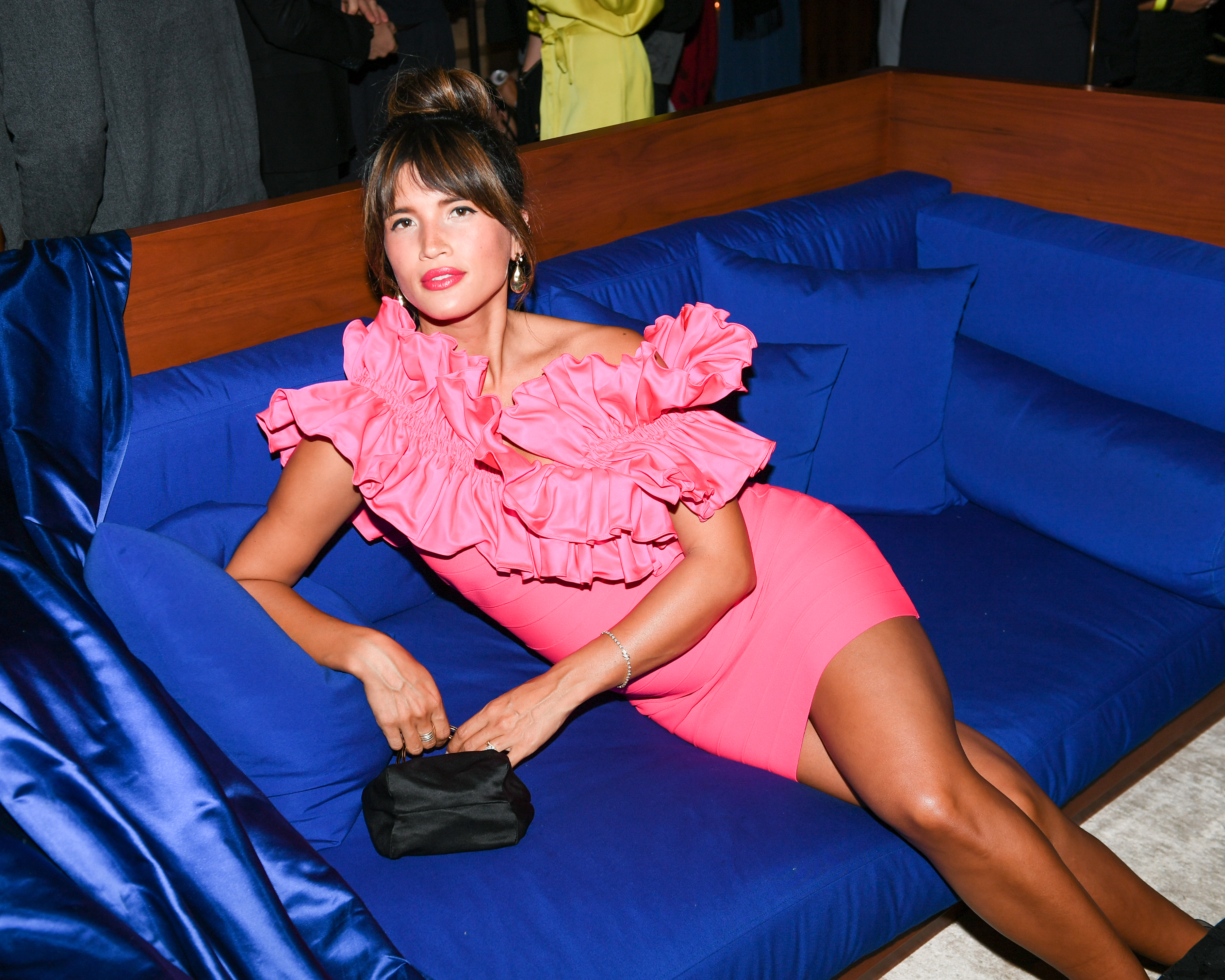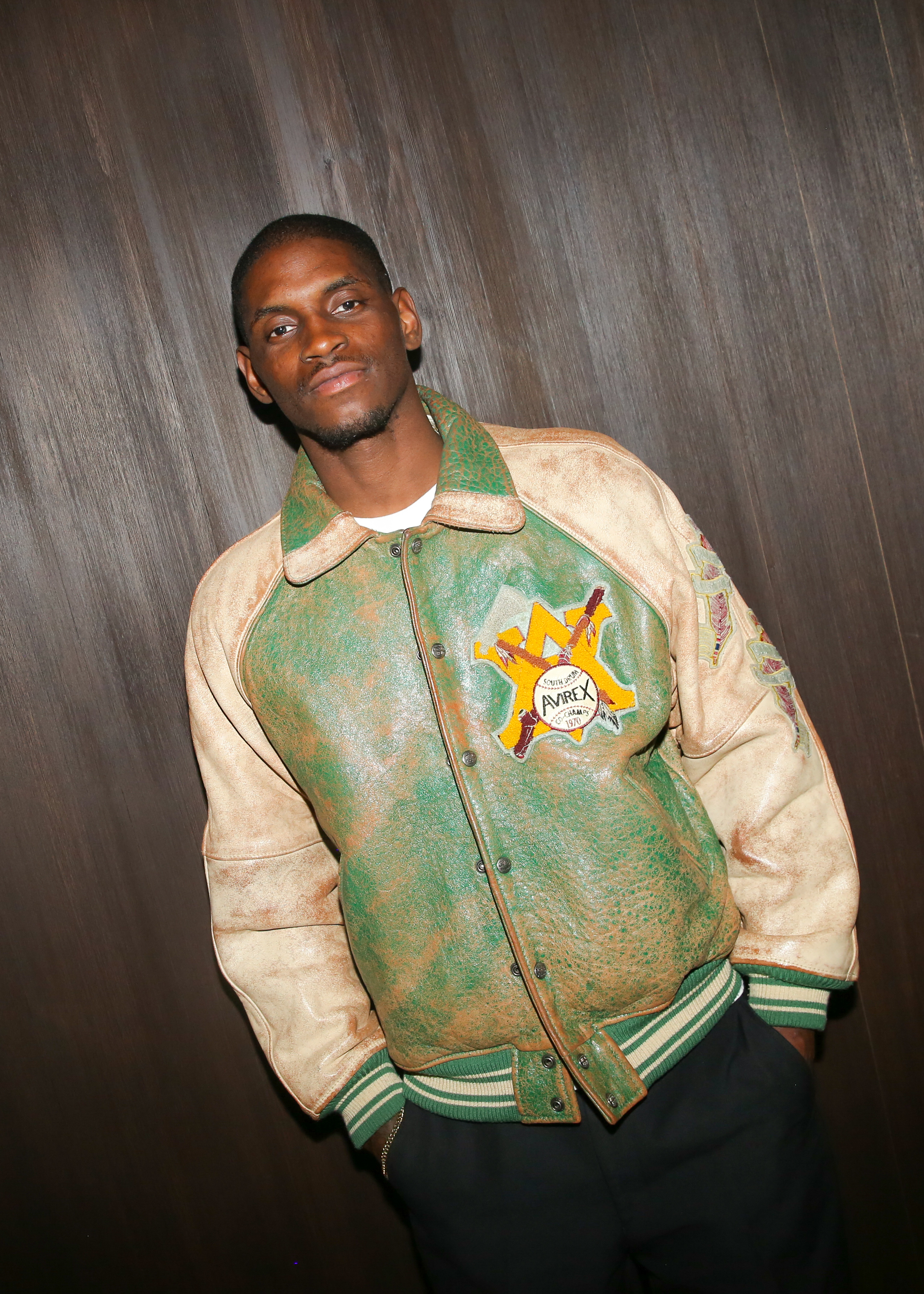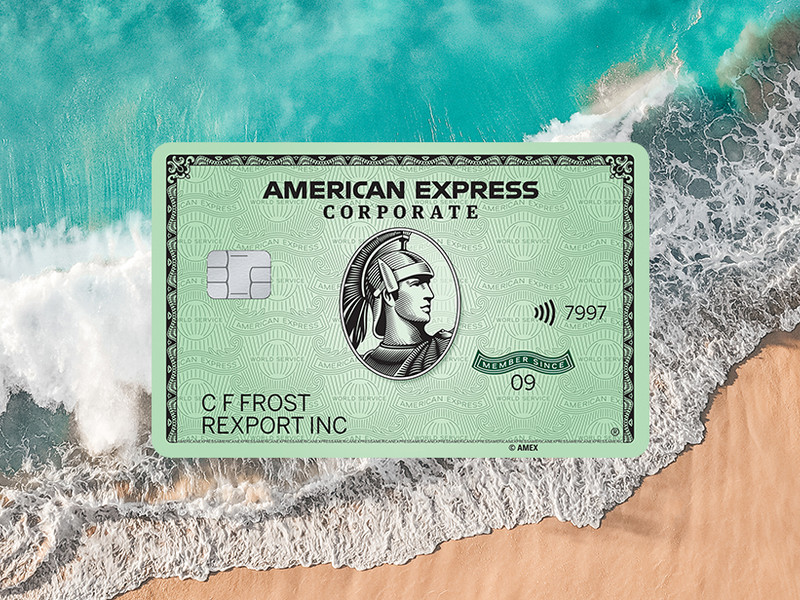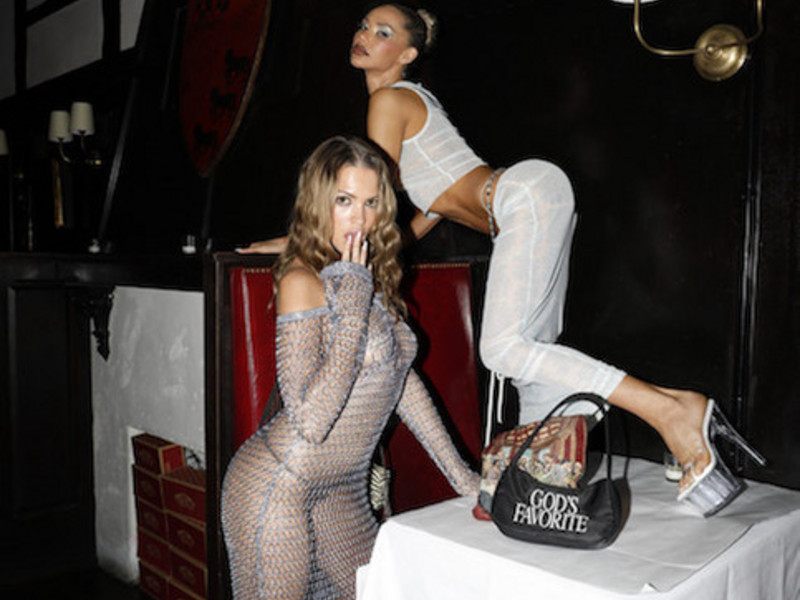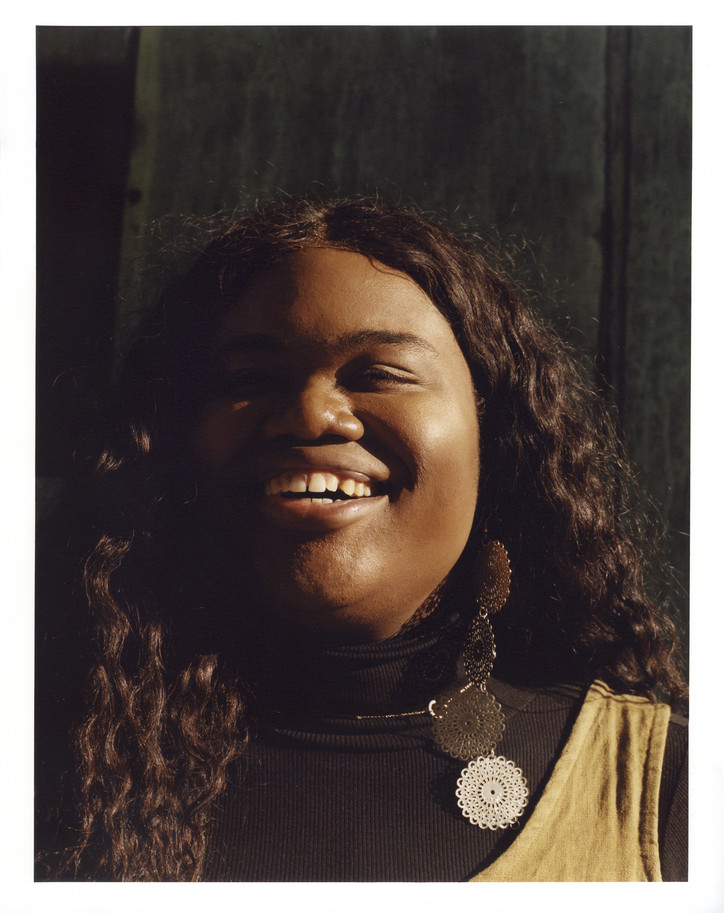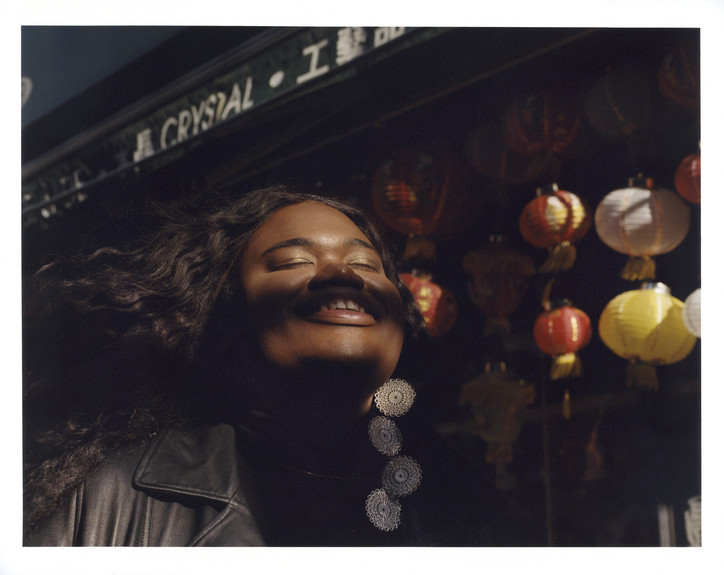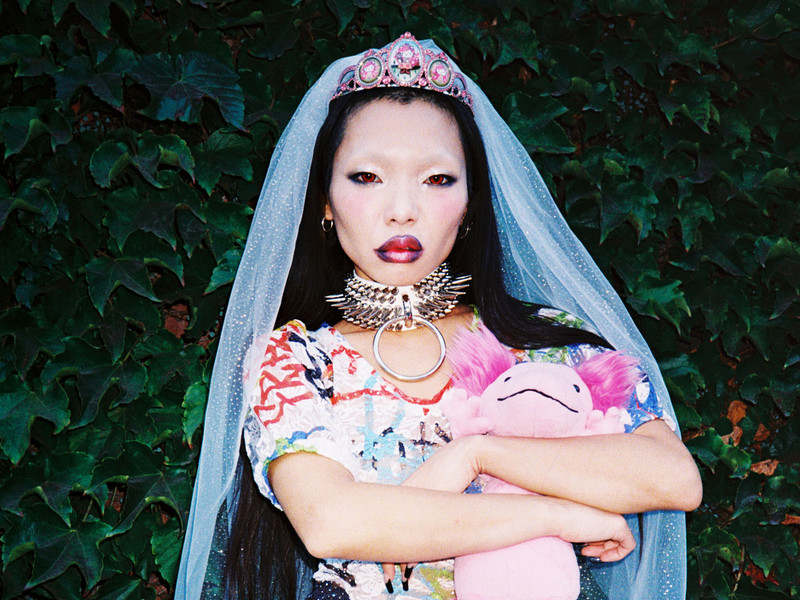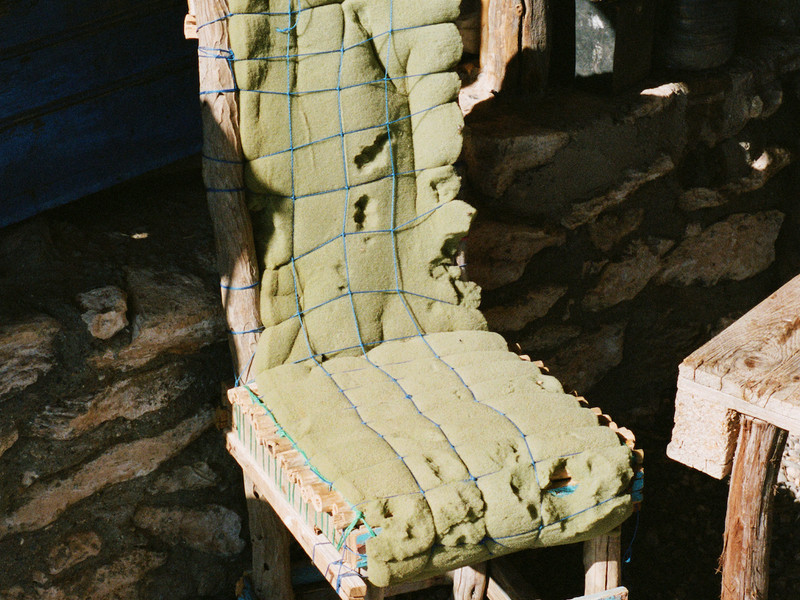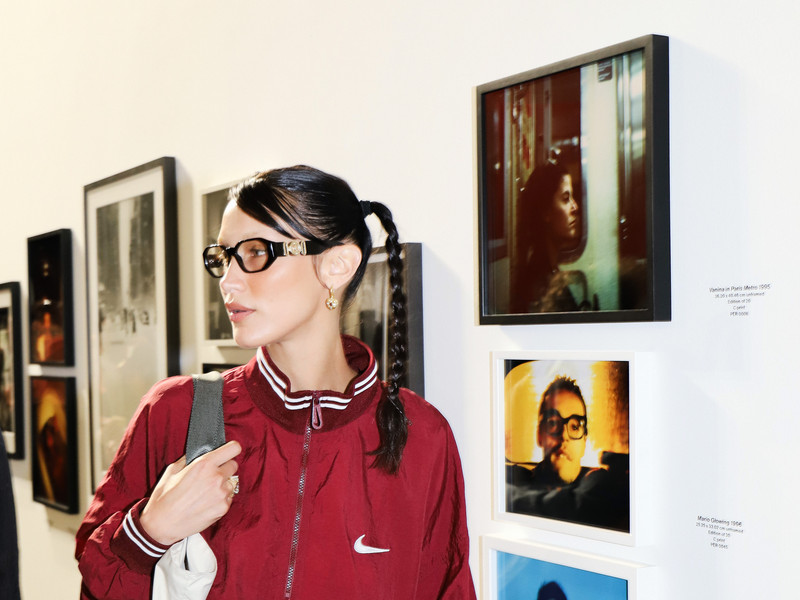Before we get started, what name do you currently go by?
Jari Jones
Has your name changed throughout your life?
Oh, most definitely. This is the biggest change I think I've had so far. The name I previously used just didn't feel right for me anymore. I know a lot of people use that term of a dead-name but, I don't see it as a dead-name. I just feel that I've evolved more into the person I am, so I just choose not to use that anymore.
What are your pronouns?
She/her. Well I use she/her in spaces that are very cis-driven, but in more queer spaces––and as I dig deeper into my queerness––I prefer to refer to myself as transfem. So I still use she/her, it's just in a different context.
How do you identify?
I identify as a transfem or in more uneducated spaces, a trans woman most definitely. But transfem is starting to feel more right for me.
Could you speak to what was your transition process was like?
So I think at a very young age I was definitely more feminine than most people were. I feel like I know I used to come out to my parents when I was younger. Or express that I was not feeling what labels people were putting on me. I never had body dysmorphia as a child, I just thought I was a different little girl. I just had different things; and I've always kinda had that growing up. It wasn't until femininity stopped being cute for everybody else.
As a child I used to be considered a momma's boy, and I used to love wearing long T-shirts and pretending they were dresses. I used to put pillowcases on my head and pretend it was long hair; I loved all those things. Then, like most of us, we start to get policed for our gender. People in your environment, especially older people, start to police those things, so it became less acceptable that I wanted to express myself in a feminine manner.
So that's how it was until I got very policed in and put in a box, and I was like, 'Okay, in order for me to survive this I need to shut it all off.' I was never really masculine. I could never ever be masculine, it just wasn't my thing. So I found ways to be artistic or be nerdy, which can be blurred lines for some people. It wasn't until college when I socially transitioned. I did that for awhile. I came out as non-binary for a little bit, then as I found more and more language I came out as a trans woman maybe a year after that. Now I am living my life as best as I can and packing more of what I think about womanhood, instead of reaching for the goal that society puts on us, and creating it for myself.
Very well said. In your recent Dove commercial you speak on those same issues regarding womanhood. Can you expand on that?
Yes, especially for trans women, we come out and people have already given us this checklist of things we have to check off before we can be a woman, you know? You must be feminine, you must have these body parts, your hair must be this long, you must wear this length of heels. When I detached myself away from that, it freed and liberated me. It made me see my womanhood in such a different way, and how I interact with people, and how I love and how I love myself. Which encompases womanhood more for me than just what you see or what people in society think that you should do or role you should play.

